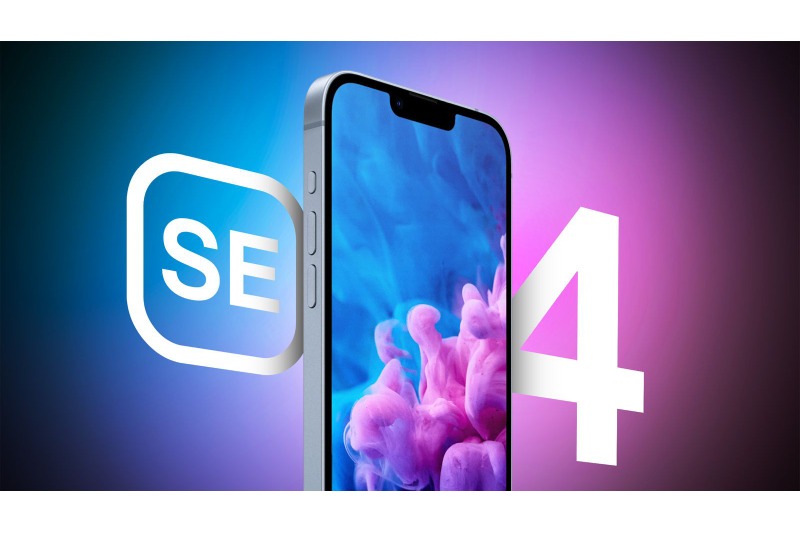Tom O’Malley, an analyst at Barclays, recently visited Asia with his colleagues to speak with suppliers and makers of electronics. The analysts said they had “confirmed” that a fourth-generation iPhone SE with an Apple-designed 5G modem is scheduled to launch near the end of the first quarter next year in a research note they released this week that outlines the main conclusions from the trip. That timeline implies that the next iPhone SE will be unveiled in March, similar to when the present model was unveiled in 2022, in keeping with earlier rumors.
The rumored features of the fourth-generation iPhone SE include a 6.1-inch OLED display, Face ID, a newer A-series chip, a USB-C port, a single 48-megapixel rear camera, 8GB of RAM to enable Apple Intelligence support, and the previously mentioned Apple-designed 5G modem. The SE is anticipated to have a similar design to the base iPhone 14.
Since 2018, Apple is said to have been developing its own 5G modem for iPhones, a move that will let it lessen and eventually do away with its reliance on Qualcomm. With Qualcomm’s 5G modem supply arrangement for iPhone launches extended through 2026 earlier this year, Apple still has plenty of time to finish switching to its own modem. In addition to the fourth-generation iPhone SE, Apple analyst Ming-Chi Kuo earlier stated that the so-called “iPhone 17 Air” would come with a 5G modem that was created by Apple.
Whether Apple’s initial 5G modem would offer any advantages to consumers over Qualcomm’s modems, such quicker speeds, is uncertain.
Qualcomm was sued by Apple in 2017 for anticompetitive behavior and $1 billion in unpaid royalties. In 2019, Apple purchased the majority of Intel’s smartphone modem business after the two firms reached a settlement in the dispute. Apple was able to support its development by acquiring a portfolio of patents relating to cellular technology. It appears that we will eventually be able to enjoy the results of our effort in four more months.
On March 8, 2022, Apple made the announcement of the third-generation iPhone SE online. With antiquated features like a Touch ID button, a Lightning port, and large bezels surrounding the screen, the handset resembles the iPhone 8. The iPhone SE presently retails for $429 in the United States, but the new model may see a price increase of at least a little.


